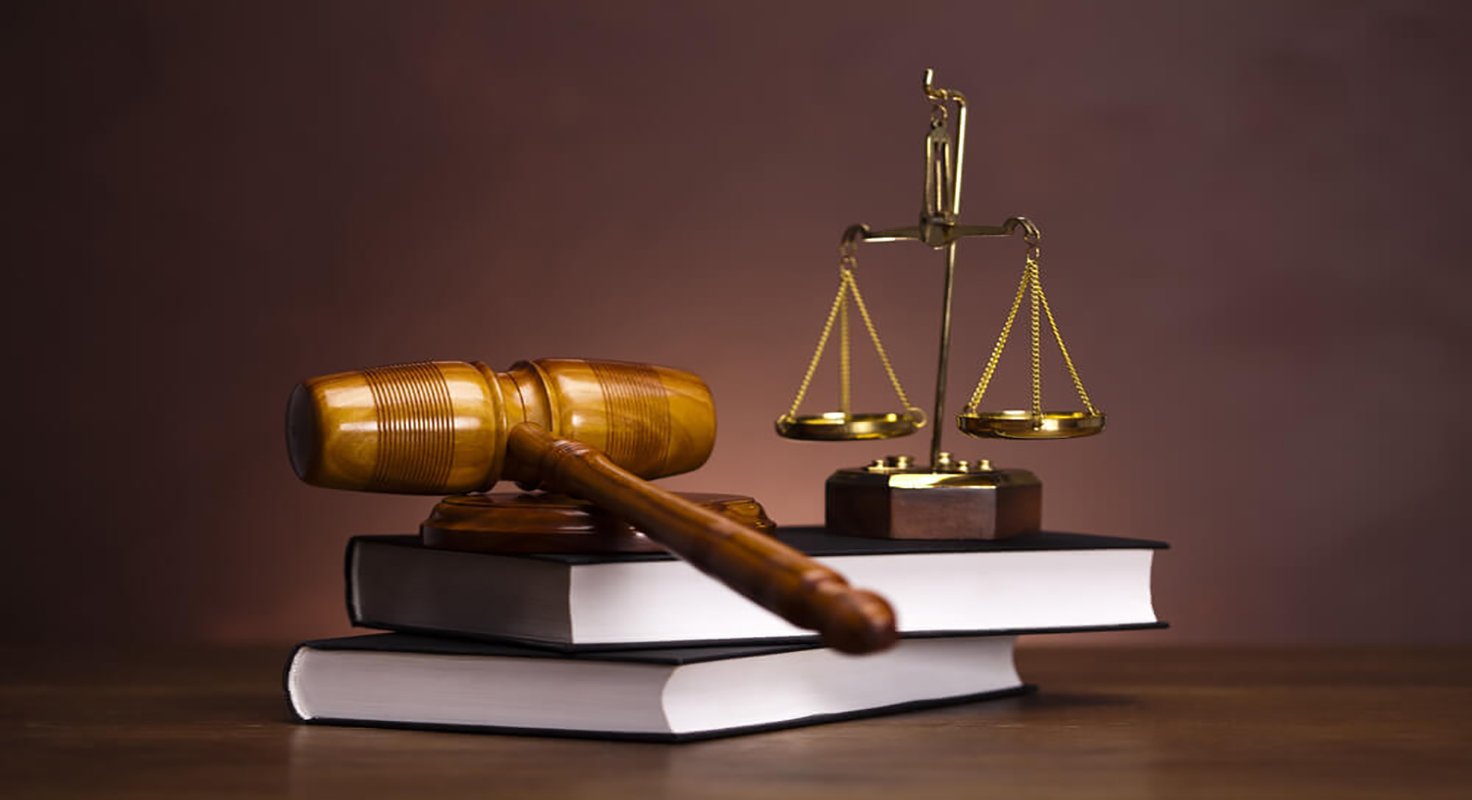Practice Areas
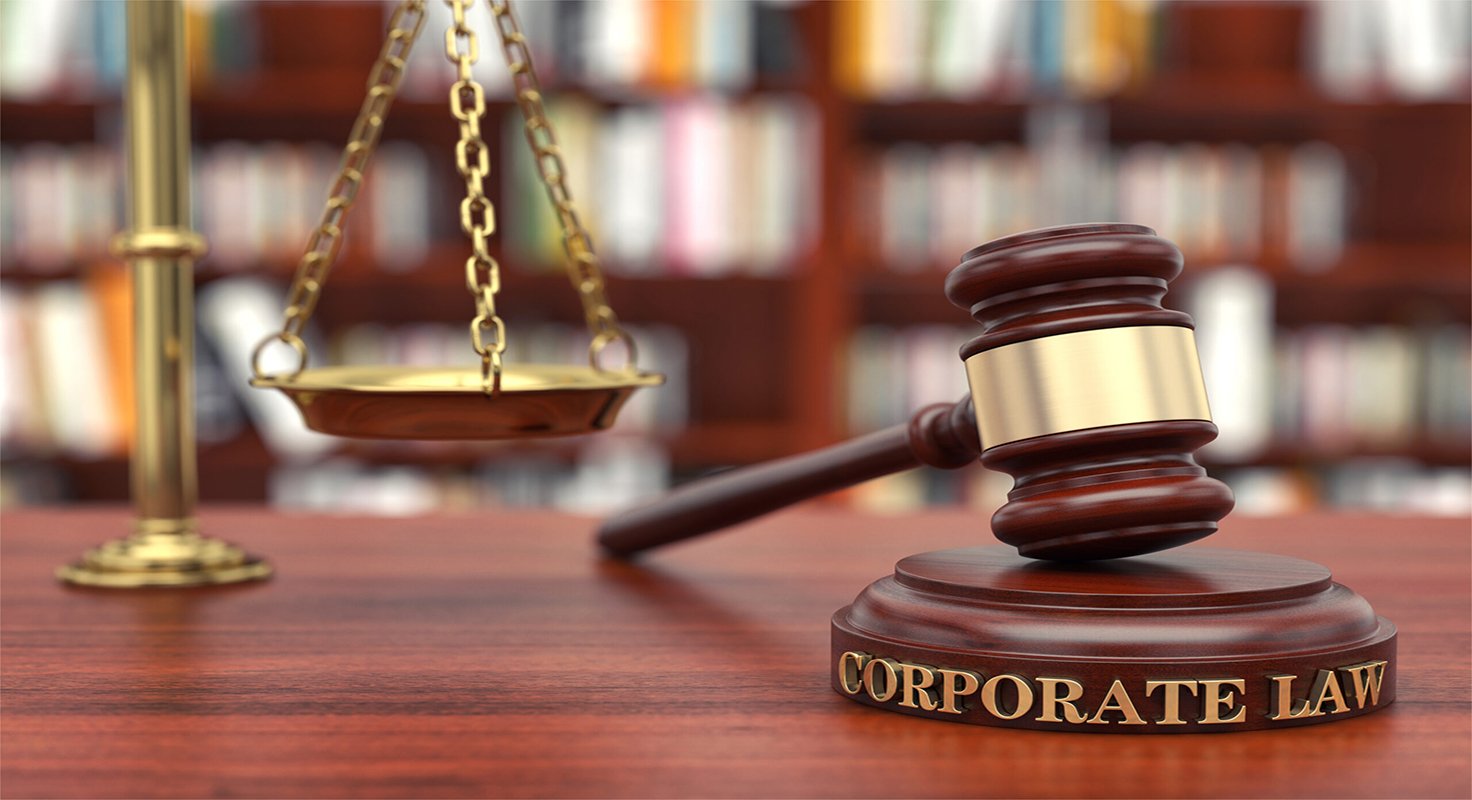
Corporate Law
Corporate law governs the formation and operation of corporations, covering governance, shareholder rights, and compliance. It protects stakeholders and defines corporate directors’ responsibilities and liabilities.

Criminal Law
Criminal law deals with offenses against the state, defining acts considered crimes and prescribing punishments. It seeks to maintain public order by prosecuting and punishing individuals who violate laws, including theft, assault, and murder.
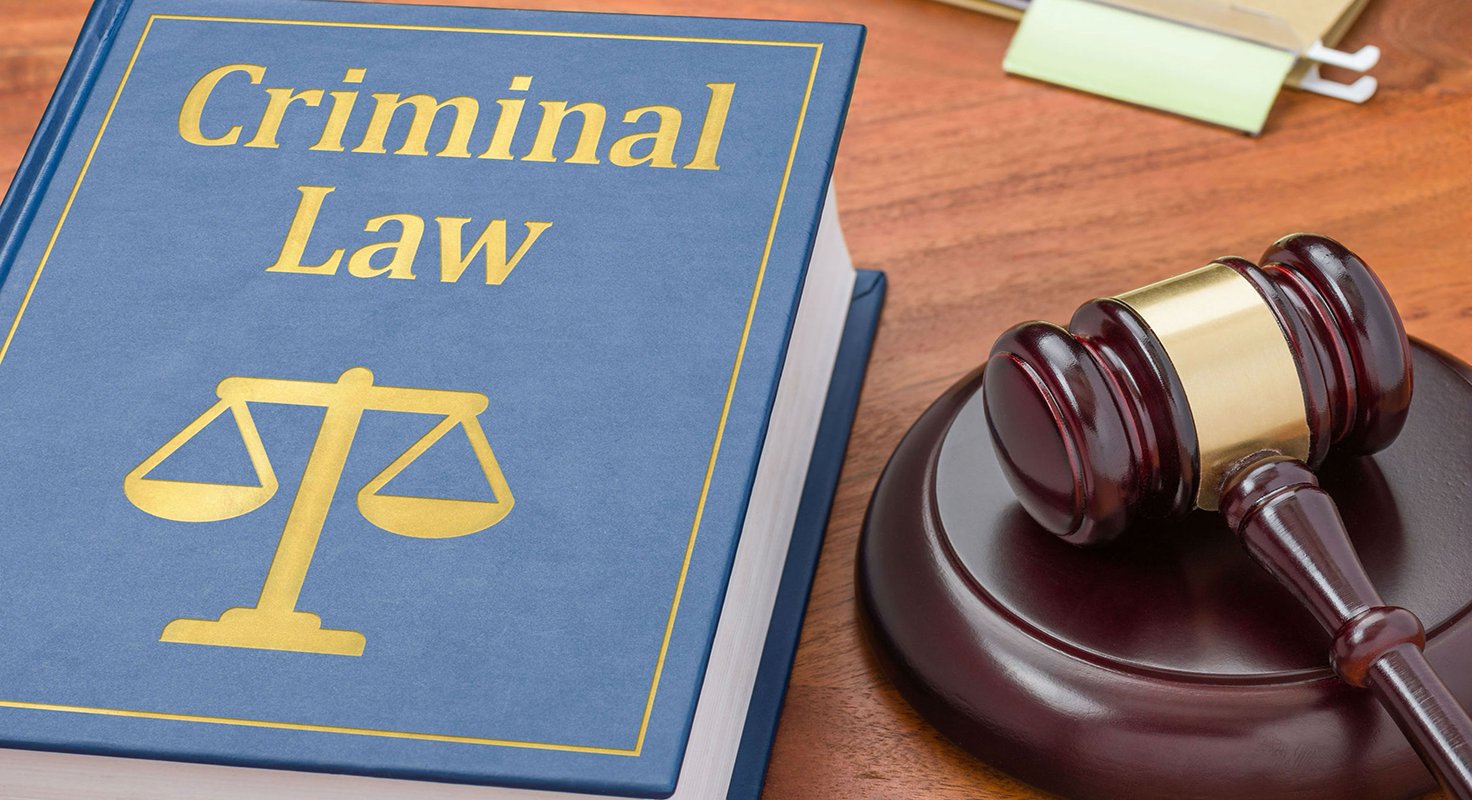
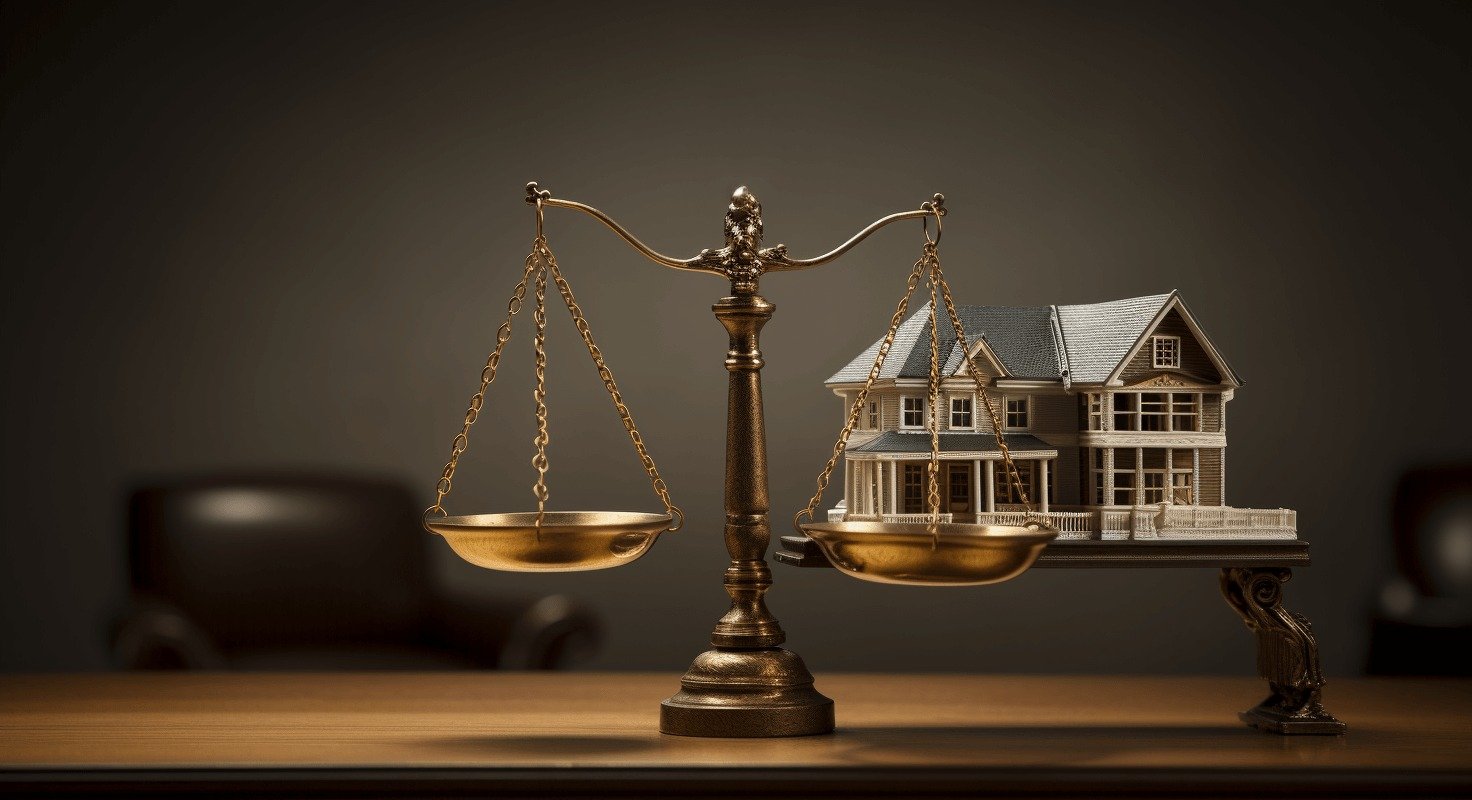
Property Law
Property law governs the ownership, use, and transfer of property, both real (land) and personal (movable items). It defines property rights, obligations, and the legal processes for resolving disputes over property.

Employment/Labor Law
Employment or labor law governs the relationship between employers and employees, covering issues like wages, working conditions, employee rights, and workplace safety. It protects workers from unfair practices and ensures fair treatment in the workplace.

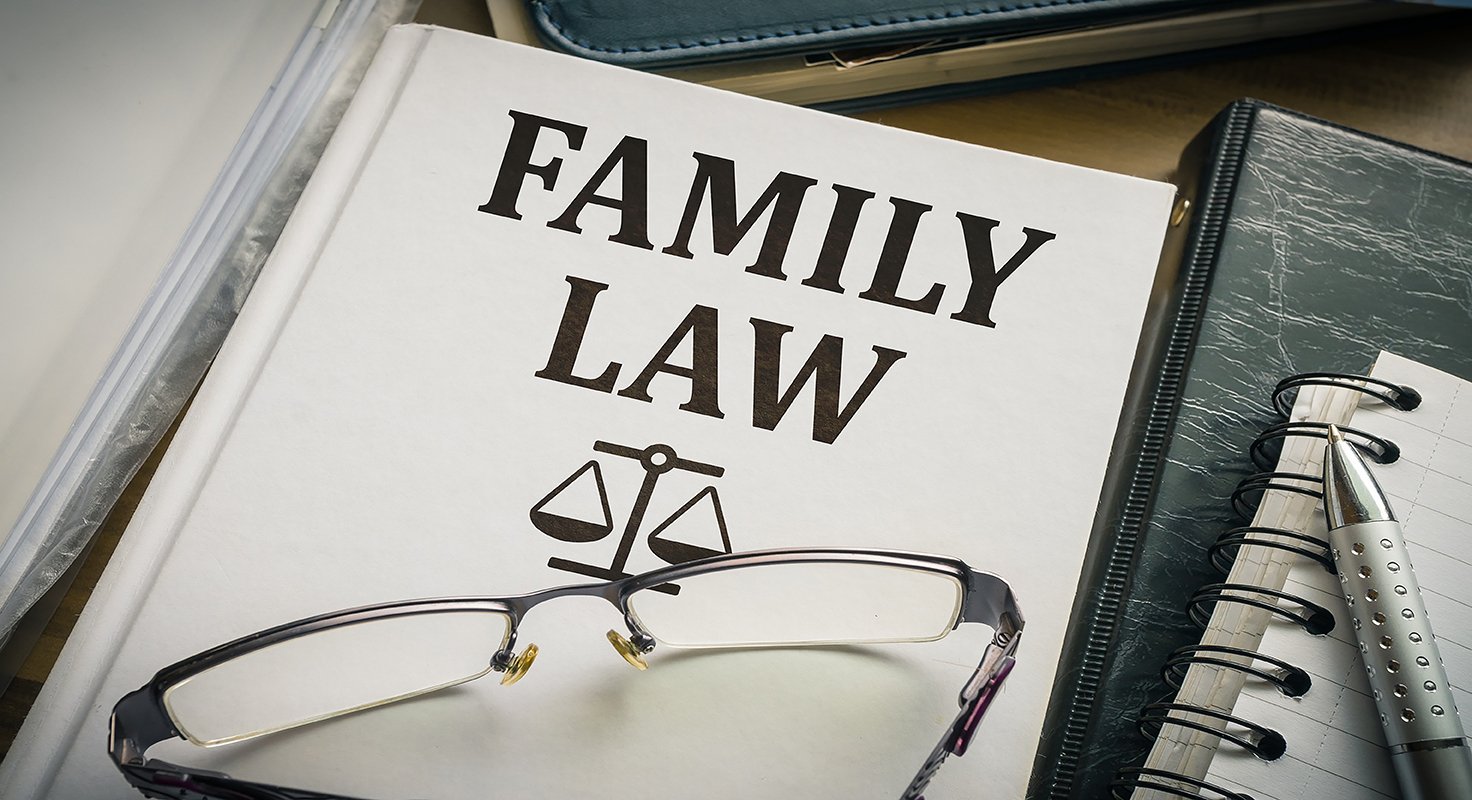

Family Law
Property law governs the ownership, use, and transfer of property, both real (land) and personal (movable items). It defines property rights, obligations, and the legal processes for resolving disputes over property.
Tax Law
Employment or labor law governs the relationship between employers and employees, covering issues like wages, working conditions, employee rights, and workplace safety. It protects workers from unfair practices and ensures fair treatment in the workplace.
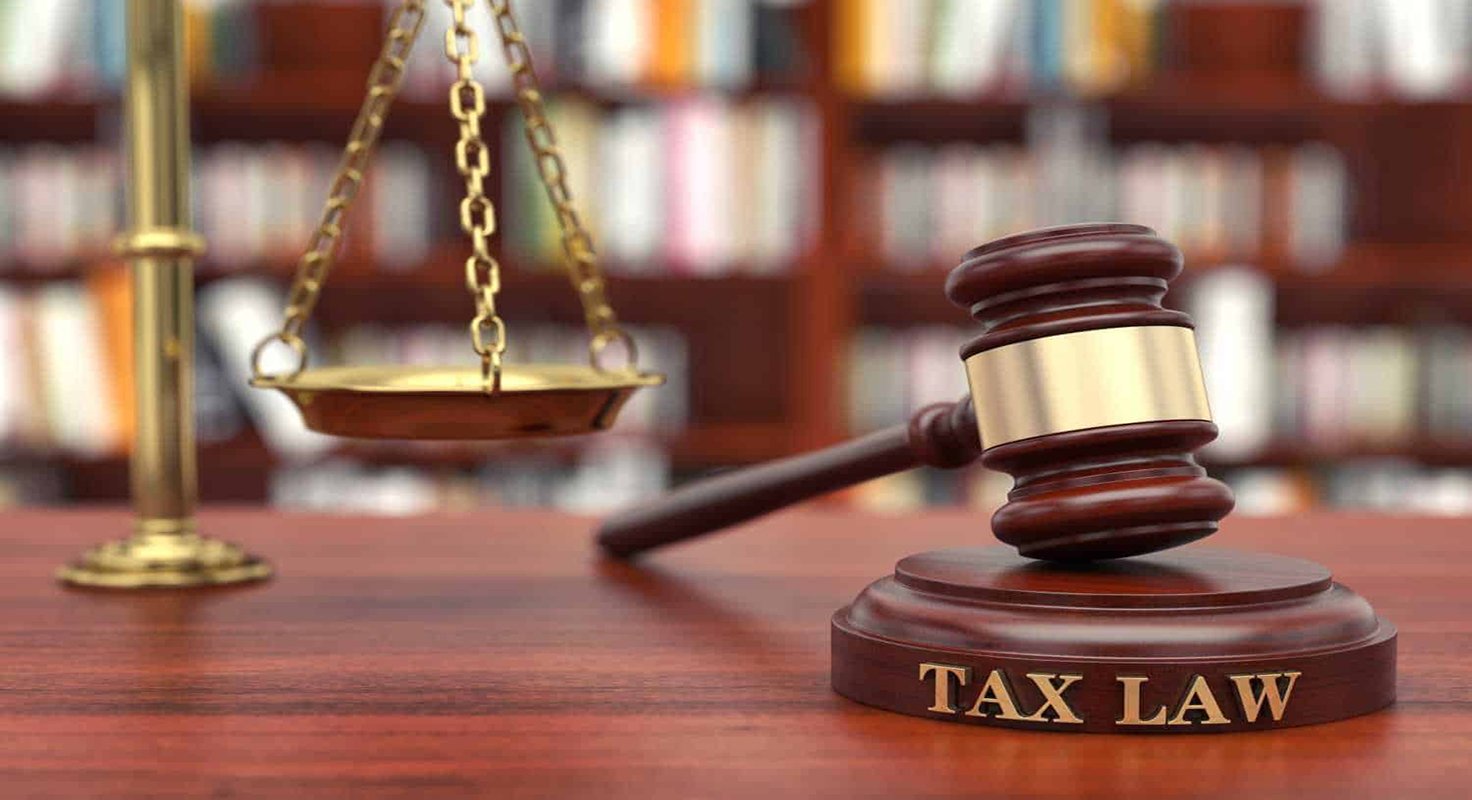
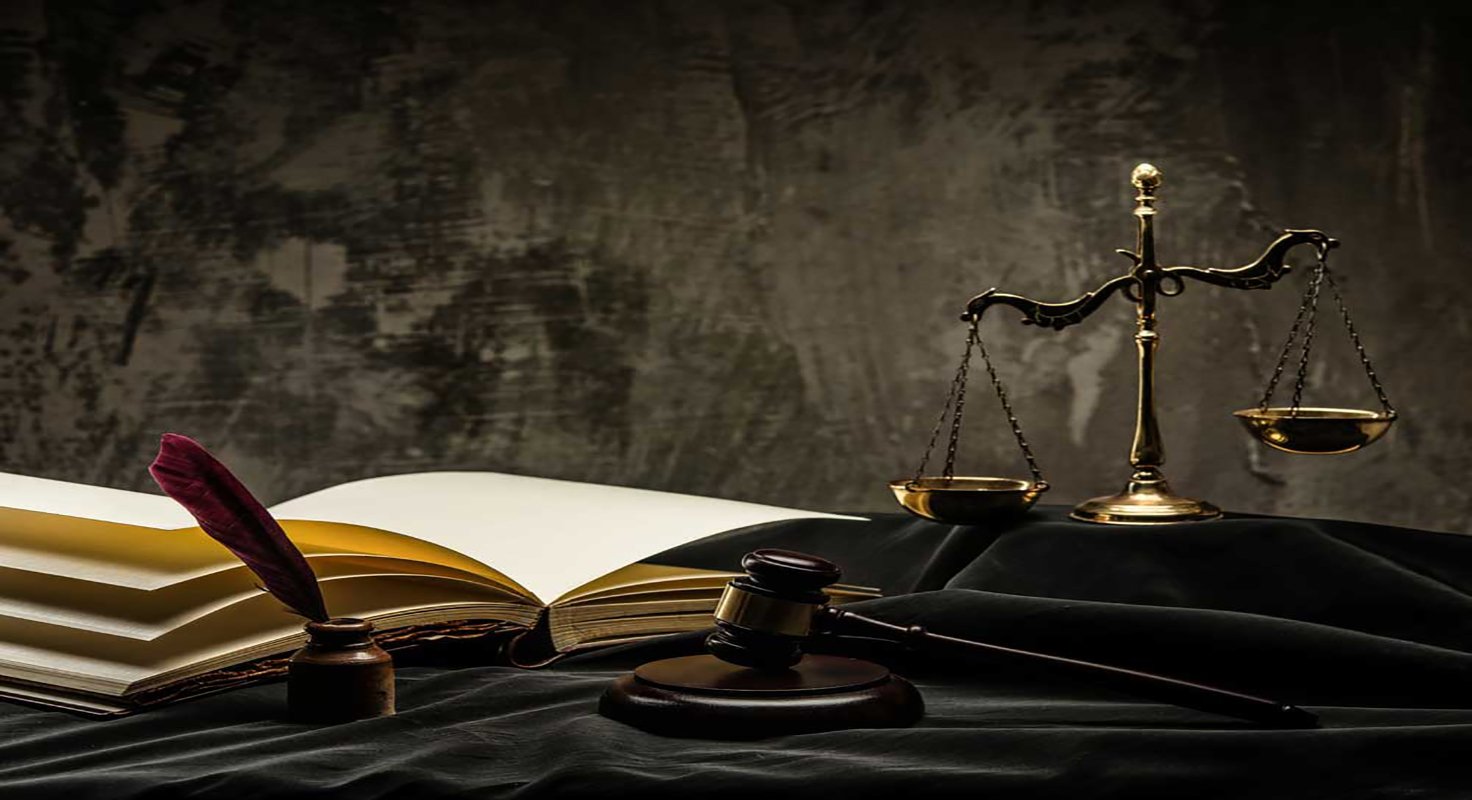
Civil Rights / Civil Liberties
Property law governs the ownership, use, and transfer of property, both real (land) and personal (movable items). It defines property rights, obligations, and the legal processes for resolving disputes over property.

Legal Services
Employment or labor law governs the relationship between employers and employees, covering issues like wages, working conditions, employee rights, and workplace safety. It protects workers from unfair practices and ensures fair treatment in the workplace.
